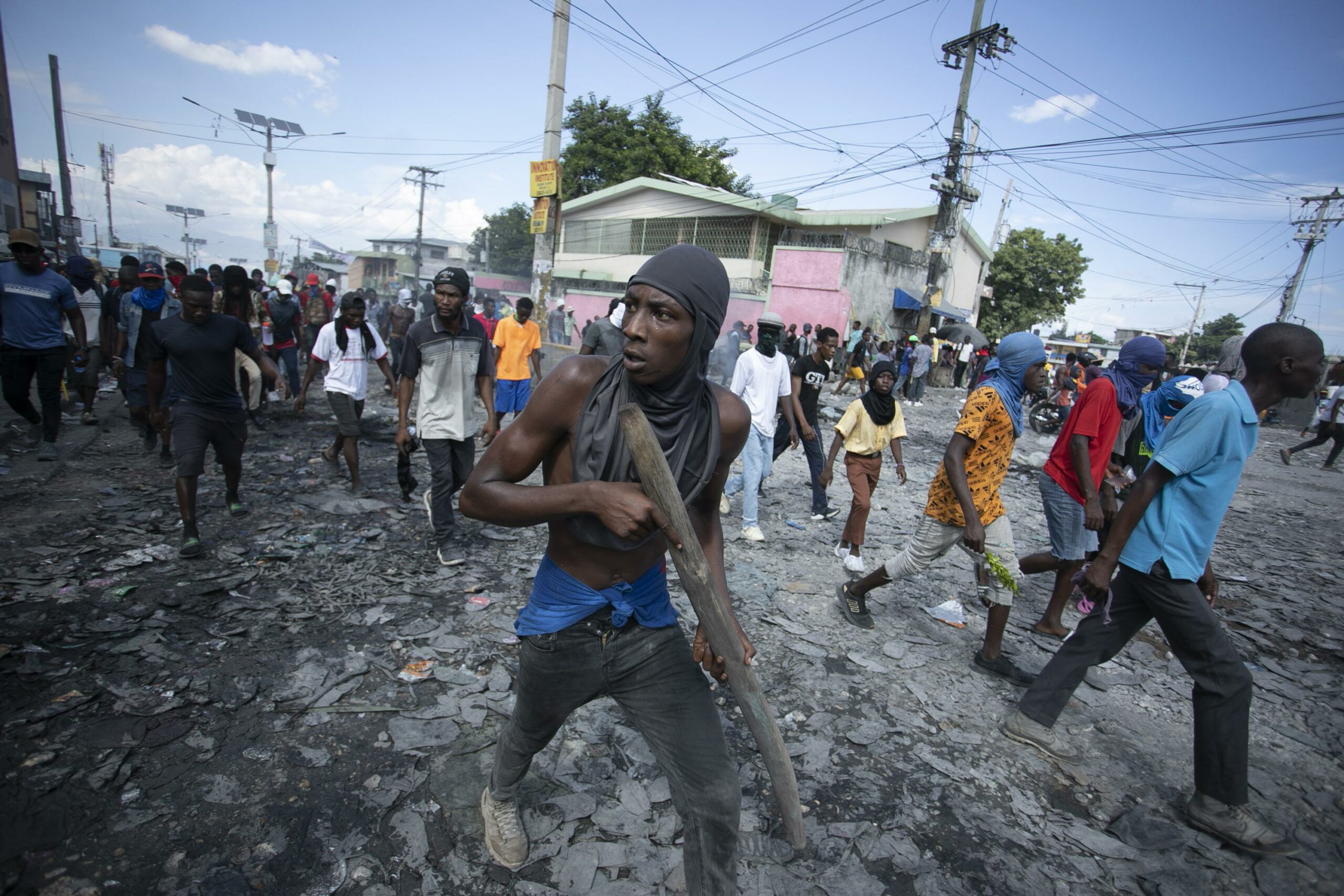As Kenya considers deploying its police force to Haiti, the security situation in the Caribbean nation worsens with hundreds of prisoners escaping in the capital, Port-au-Prince, following a clash between forces loyal to Haitian Prime Minister Ariel Henry and gang leader Jimmy Cherizier. Cherizier, sanctioned by the UN and the US Treasury Department, is accused of attempting to overthrow the prime minister in the war-torn country.
Haiti’s police union urgently calls on officers to contain the escalating situation at the National Penitentiary, expressing concerns about the impact on the country’s security. Unrest in Haiti has surged since last Thursday, targeting police stations, the international airport, and the national prison. Gunfire near the airport forced flight suspensions, leading to a security alert from the US Embassy in Haiti.
As Kenya plans to send 1,000 police officers to assist Haiti in reclaiming territory from gangs, the opposition in Parliament demands a review of Nairobi’s decision. The deployment, controversial from its inception, faces legal challenges, with the High Court initially ruling against it. Despite the court’s decision, Interior Cabinet Secretary Kithure Kindiki signed an agreement with his Haitian counterpart, paving the way for deployment. However, National Assembly Minority leader Opiyo Wandayi insists the bilateral instrument lacks legal backing and urges President Ruto to reconsider the decision.
The security situation in Haiti continues to deteriorate, with warring gangs controlling much of Port-au-Prince. Gang violence has led to the displacement of over 300,000 people, and the UN reports a significant increase in killings and kidnappings. The Multinational Security Support (MSS) mission, endorsed by the UN Security Council and led by Nairobi, aims to address the security challenges in Haiti. However, Kenya’s opposition questions the decision, citing legal, diplomatic, and security concerns.
President Ariel Henry, in Kenya for a diplomatic meeting, expresses confidence in restoring peace in Haiti. Despite ongoing conflict and delayed elections, Henry thanked Kenya for its solidarity and assistance in addressing the security crisis. The deployment of Kenyan police faces skepticism and opposition within Kenya, with concerns raised about the legal basis, potential language barriers, and the pressing security issues within the country and the African region.
The situation underscores the complex dynamics surrounding Kenya’s involvement in the Haitian crisis and the challenges faced by the planned police deployment. The government must navigate legal obstacles, public opinion, and the evolving security landscape to contribute effectively to the UN-backed mission in Haiti.





